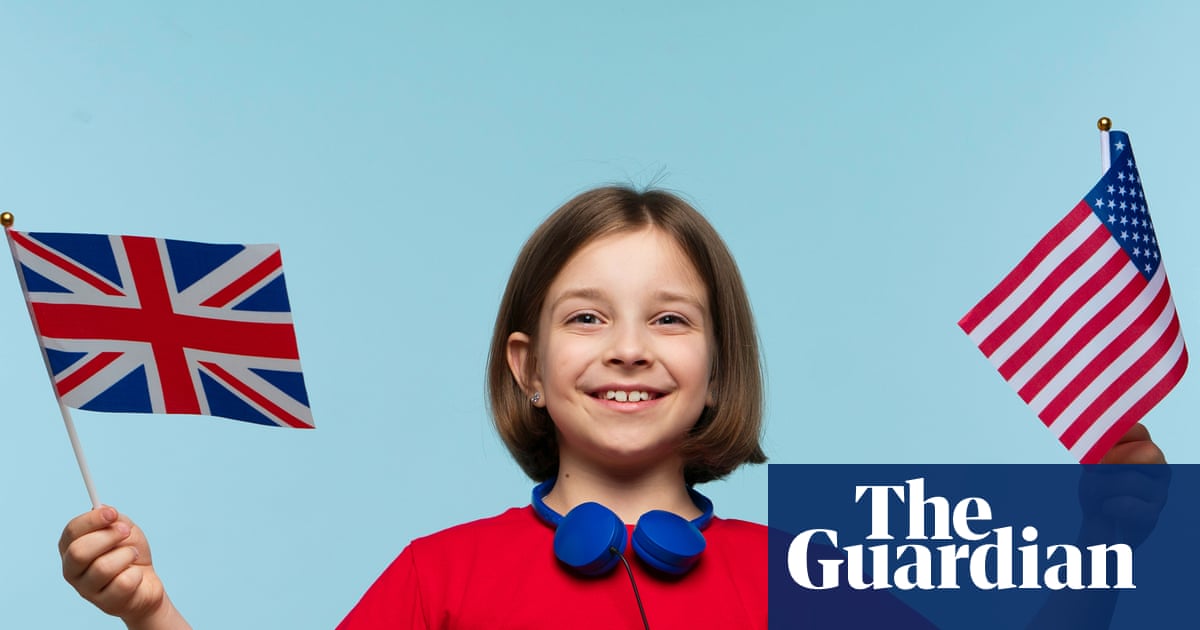
"Name: Americanism. Age: 246, although when the word first appeared back in 1779 it meant something else. What did it mean then? Loyalty to the ideals and interests of the United States. What does it mean now? A peculiar feature of American English, especially as opposed to British English. Appearance: In primary schools across the UK. They're teaching American English to British schoolkids? They're not teaching it; they're just hearing it."
"From whom? From the kids, especially the younger ones. Is it some form of protest? No, just transatlantic cultural creep. According to a recent survey of 10,000 teachers, over half reported hearing the word candy instead of sweets, and trash and garbage for rubbish. This is an outrage! Some teachers even claimed to have heard the word diaper instead of nappy. Neither of those is a word you want to hear in a primary school setting. Also apartment rather than flat, and closet for cupboard."
"From American YouTube cartoons, US social media stars, Netflix and even children's programming on the BBC. Can't the UK slap tariffs on these shows, before the children start talking trash'? We could, but children's speech habits are famously difficult to measure because they change so quickly. While 65% of British primary teachers reported hearing candy in the classroom, only 26% of secondary teachers did — which suggests that either the Americanisms wear off, or that it's getting worse with each generation."
Americanism originally denoted loyalty to United States ideals and interests when first used in 1779. The modern sense now refers to distinctive features of American English contrasted with British English. Many UK primary schoolchildren are hearing American terms such as candy, trash, garbage, diaper, apartment and closet. A survey of 10,000 teachers found over half of primary teachers reported hearing candy, while only 26% of secondary teachers did. Young people acquire Americanisms through American YouTube cartoons, US social-media personalities, Netflix and even children's BBC programming. At the same time, British words like gobsmacked, knickers, ginger and cuppa are increasing in American usage.
Read at www.theguardian.com
Unable to calculate read time
Collection
[
|
...
]